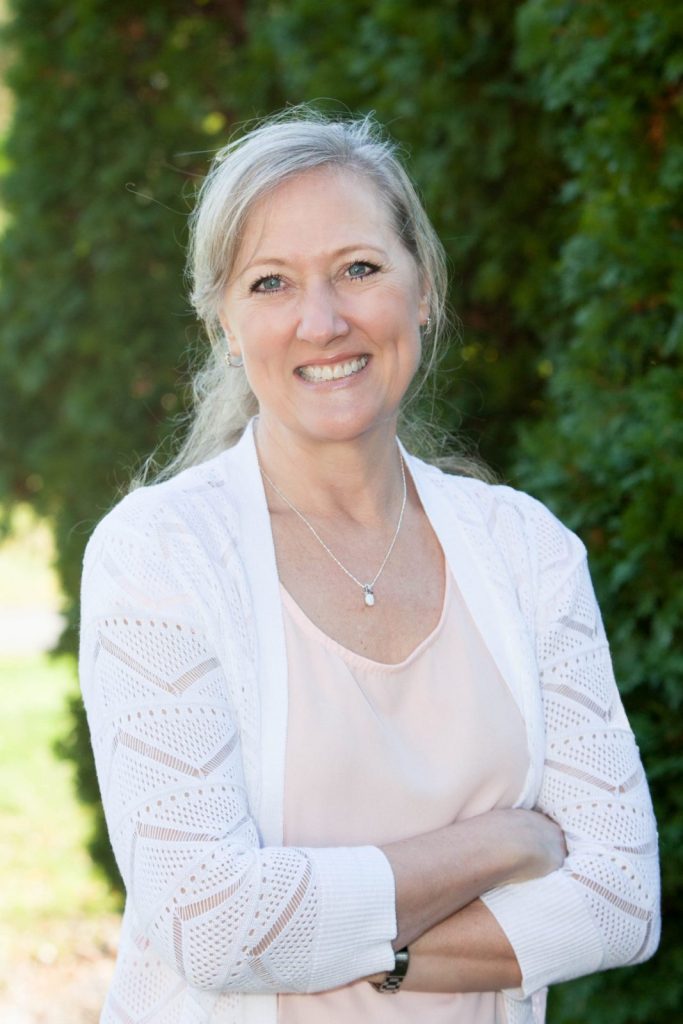Dr Karyl Hurley is Director of Science Policy and Engagement for Mars Incorporated and has been involved with the WSAVA since the late 1990s representing the WALTHAM Petcare Science Institute. Today, as a Diamond Partner, Mars Petcare supports the WSAVA’s Animal Wellness and Welfare Committee, the Hereditary Disease Committee, the One Health Committee and the Global Nutrition Committee through brands including Royal Canin and Wisdom Health.

Dr Karyl Hurley
Dr Karyl Hurley
Could you introduce yourself briefly to WSAVA members?
It’s quite the privilege to address so many that I’ve worked with, befriended and learned from over the years. I’ve been a veterinarian now for nearly 30 years; I trained at Cornell, Texas A&M and NC State before moving to the UK to teach Internal Medicine at the Royal Veterinary College. In 1998, I began to work for Waltham and inherited our relationship with WSAVA on behalf of Mars Incorporated. There was a long history between Mars and WSAVA well established before then.
What does your role as Director, Global Scientific Policy and Engagement, Mars Incorporated involve?
I’ve held a few different roles at Mars starting with Scientific Communications and moving to our Mars Corporate Scientific Affairs team. I now manage our science policies and provide internal training, strategic scientific planning and surveillance. I also manage the Mars Research Review Board which is composed of our senior leaders and ethics advisors who help us ensure that our science is robust, that animals and human participants are protected from harm and that we offer benefits to pets and society as a whole across all of Mars’ segments – food, chocolate, gum/mints/candy, pet care and personalized nutrition.
What do you most enjoy about working in industry?
I love that I get to use my training in science and medicine every day to help animals even though I am not ‘practicing’ in the traditional sense. The only business I’ve ever worked for is Mars which is family-owned and this allows for more long-term investments like partnering with the NIH to better understand human-animal interactions. I’m constantly learning new science, new skills and am challenged every day to make a better world for pets and people.
You have been instrumental in building Mars’ long-standing relationship with the WSAVA. Why do you think the partnership is important?
Mutuality is one of Mars’ core principles so developing partnerships such as ours with the WSAVA is essential to creating long lasting bonds – a shared benefit will endure. The WSAVA’s mission is a common goal and it behoves the entire veterinary industry to support the advancement of companion animal welfare globally. Its congresses are fantastic learning opportunities but also wonderful for networking. The personal and professional relationships developed over the years have been numerous and invaluable. Case in point, I met my husband, Dr Gail Smith at the 2004 WSAVA Opening Ceremony in Rhodes, Greece.
What are you most proud of from the relationship to date?
In 2008, the WSAVA had established the Animal Wellness and Welfare Committee but was unable to secure industry support, so Dr Jolle Kirpensteijn, then WSAVA President, asked if Mars might consider being involved and sponsor its work. More than a decade later, I’m very proud of the work done by this team culminating in the development and signing of the International Veterinary Oath and the release of the Global Animal Welfare Guidelines. The progress of all of the WSAVA Committees, four of which Mars has specifically participated in, has been essential to aligning global views on veterinary science and advancing education and welfare.
What do you think are the key challenges facing companion animal veterinary medicine over the next decade?
We study to become veterinarians because we love animals, we care about their health and wellbeing and we want to make a difference. I worry that the cost and competition for admission and the subsequent debt and relatively low salary is making it a less desirable and, for some, impossible career choice. For those who do earn the degree, the pressure we place on ourselves to help pets can leave us vulnerable and compassion fatigue is all too real and prevalent. Work/life balance is also a real stressor particularly for female veterinarians raising a family. I know that there are excellent supportive programs to address these issues and I am encouraged that they will help.
Could you tell us something about you that might surprise us?
In 1996, I was fortunate when a retiring scientist brought me samples of a drug, he thought might be useful for hyperadrenocorticism in dogs. I started a clinical trial that showed the drug’s efficacy and so I became the first veterinarian to use trilostane clinically and then present the results at ACVIM in 1998.
Is there anything else you’d like to say?
Just thank you to the WSAVA for many years of friendship and collaboration and to wish all of its members a happy, healthy and successful 2020.

